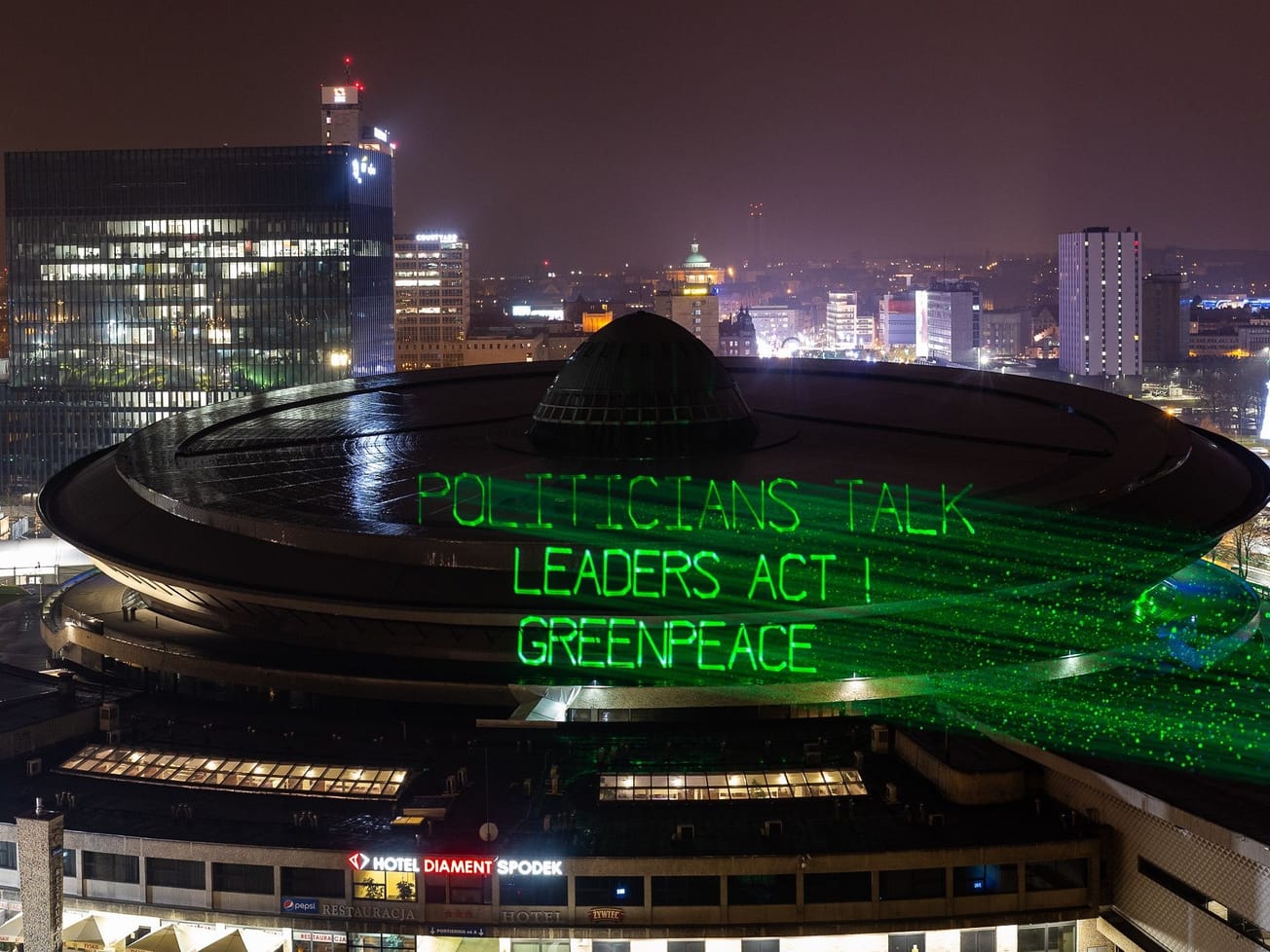At risk of ending without agreement, the U.N. climate summit was jolted towards a potential compromise by urgent appeals for unity from the U.N. secretary-general and Fiji's prime minister.
U.N. Secretary-General António Guterres said the world had arrived at "a moment of truth" as he delivered his second major address to the summit in Katowice, Poland. It was a measure of the talks' polarized views that he felt compelled to remind major holdout nations of their past climate pledges.








